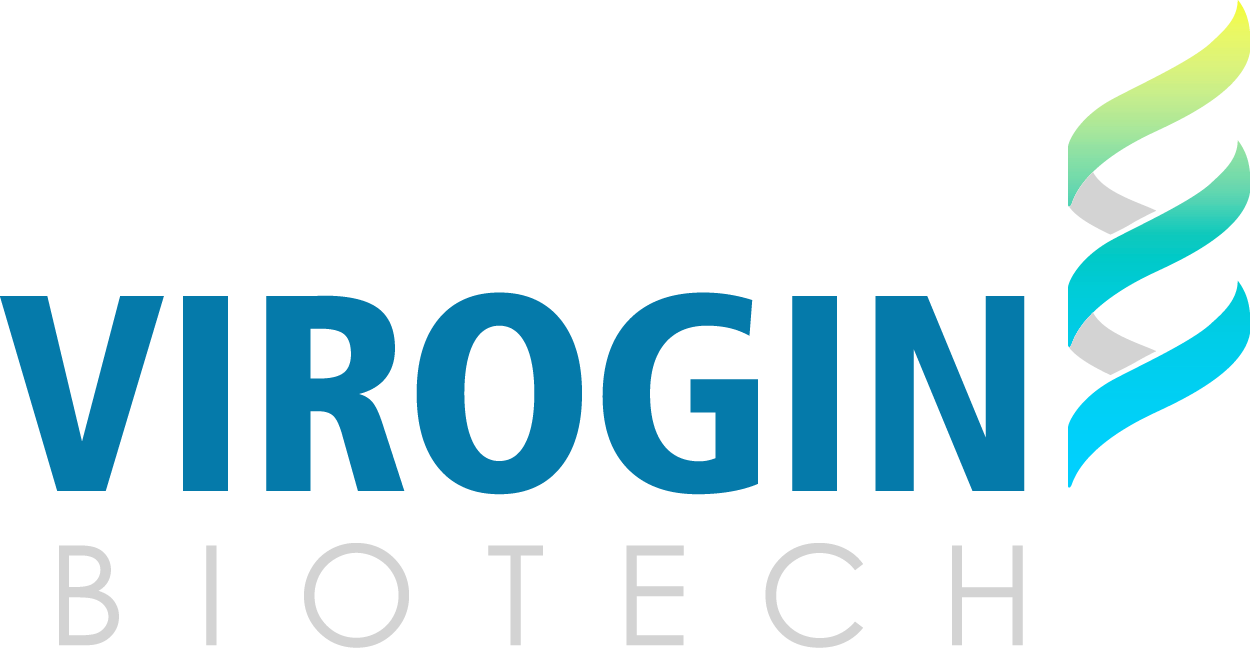Vancouver BC Canada, April 15, 2024
Virogin Biotech recently announced that their latest clinical trial results for advanced Hepatocellular Carcinoma (HCC) have been selected for poster presentation at the American Society of Clinical Oncology (ASCO) 2024. The trial features the innovative oncolytic virus VG161, which has demonstrated impressive survival benefit, in subgroup of patients with advanced Hepatocellular Carcinoma (HCC) who failed two or more prior lines of therapy.
The poster presentation revealed clinical data for VG161 in patients with HCC who had previously failed at least 2 lines of prior treatments, including checkpoint inhibitors. The data showcased noteworthy clinical benefits of VG161 as a monotherapy, providing extended overall survival (OS) rates compared to the current treatment modalities in selected patient population. Remarkably, VG161 clinical benefit in heavily pretreated (third-line and beyond) patients matched or exceeded reported outcomes for second-line therapies, underscoring its potential as a superior treatment option with a good safety profile for selected liver cancer patients. The comprehensive clinical data will be displayed in a poster presentation during ASCO conference.

Additionally this month, the clinical team and scientists at Virogin Biotech have reported two cases of advanced sarcoma patients, who got benefited from dosing with VG161, in Oncology Letters.

Research Highlights:
The recent publication has highlighted encouraging results from the use of VG161 (Virogin Oncolytic Virus Product) when administered intratumorally to two Australian patients with different subtypes of sarcoma. This innovative approach involves intralesional administration of an immunostimulatory oncolytic herpes simplex virus type 1, which is engineered to deliver interleukins (IL-12, IL-15) and their receptor (IL-15α) along with a programmed cell death protein 1 (PD-1)/PD-L1 inhibitor peptide.
The clinical data presented shows VG161 has achieved substantial improvements in progression-free survival (PFS) for patients diagnosed with advanced chondrosarcoma and soft tissue sarcoma. In fact, the median PFS for patients with these diagnoses typically ranges around 4.7 and 4.1 months, respectively. However, with the administration of VG161, PFS has been extended to approximately one year—11.8 months for chondrosarcoma and over 11.9 months for soft tissue sarcoma.
Further analyses of cytokine profiles, lymphocyte subpopulations, biomarkers in peripheral blood and tumor biopsies indicate VG161 activates the anti-tumor immune response. These findings suggest VG161 not only provides significant clinical benefits in terms of survival but also ignites immune system to fight cancer.
About Oncology Letters:
Oncology Letters is a respected journal that focuses on all aspects of clinical oncology, chemotherapeutics, cancer genes, carcinogenesis, metastasis, epidemiology, and virological studies in cancer. The journal aims to promptly publish high-quality original research and detailed case reports in these areas.
About Virogin Biotech:
Virogin Biotech is a clinical-stage immuno-oncology company, with a primary focus on innovative HSV-1 based oncolytic virus and mRNA-based (including self-amplifying RNA/saRNA) therapeutics to generate robust and durable anti-tumor immune response against solid tumors. Both platforms exhibit a high degree of complementarity via a mechanism of heterologous prime boost. Yet each platform has ‘plug-to-play’ features to independently develop novel therapies against cancer and other indications. Our oncolytic HSV-1 platform has three candidates in clinical trials, with our most advanced asset in Phase 2. Candidates from our mRNA platform have also completed preclinical proof of concept.

